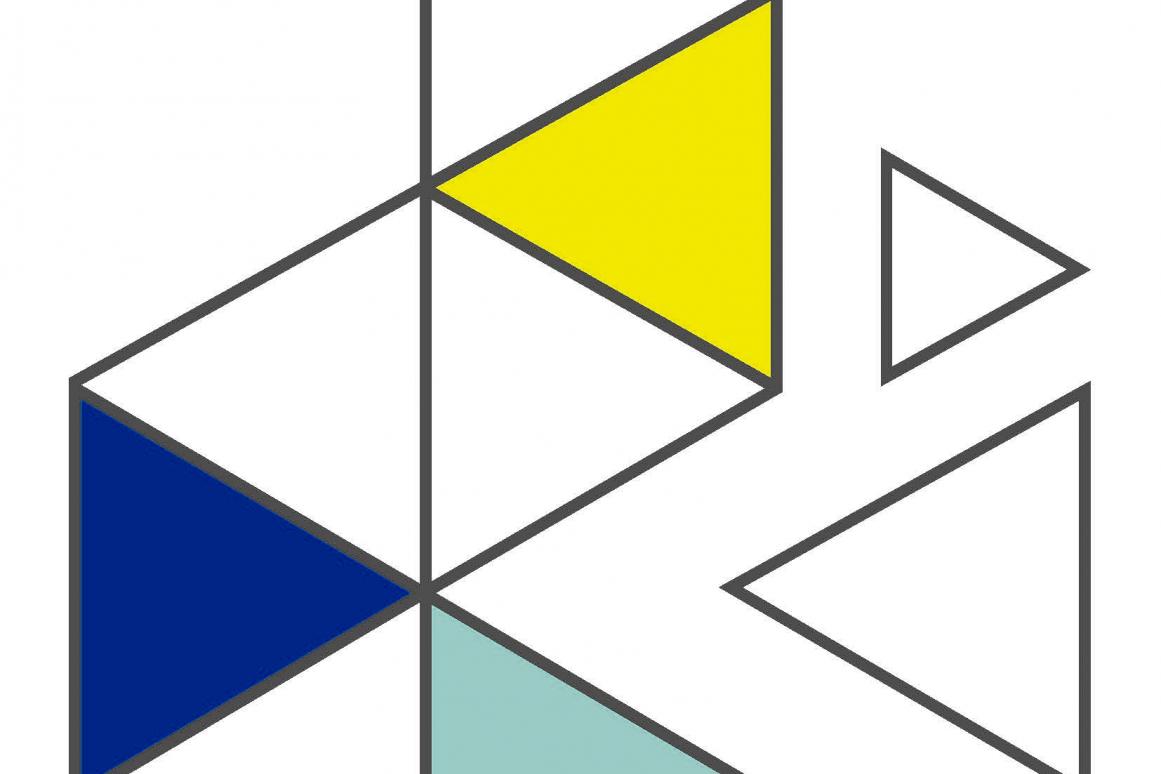Dr. Jennifer Pollack takes on Editor role at new journal Experimental Results

CORPUS CHRISTI, Texas — Dr. Jennifer Pollack has accepted a new role as Chief Editor for Environmental Science at a new journal dedicated to taking a radical approach to publishing and peer reviewing research.
Pollack is Chair for Coastal Conservation and Restoration at the Harte Research Institute for Gulf of Mexico Studies and an Associate Professor of Marine Biology at Texas A&M University-Corpus Christi.
The journal, Experimental Results, published by Cambridge University Press, aims to tackle the crisis in the reproducibility of results by providing an outlet for stand-alone research that currently goes unpublished and to make peer review faster, less onerous and more transparent.
It’s an issue that Pollack says she often sees affecting her own work in habitat restoration, which stirred her interest in the new journal.
“I am so excited to be a part of the editorial board Experimental Results,” Pollack said. “Whereas traditional journal publications are biased toward ‘positive’ results, this journal will make it possible for scientists to publish their unexpected results, or the results of ‘failed’ experiments, all of which are critical to moving science forward.”
Submissions are now open for the journal, which will give researchers a place to publish valid, standalone experimental results, regardless of whether those results are novel, inconclusive, negative or supplementary to other published work, according to a press release announcing the new journal.
It will also publish the outcome of attempts to reproduce previously published experiments, including those that dispute past findings.
The bias towards only publishing positive results has left large data gaps in science that can leave researchers doomed to repeat mistakes, Pollack said. That’s especially concerning in the high stakes world of habitat restoration, where billions of dollars are being spent annually to try to improve and restore ecosystems. In addition, many of the people working on restoration projects are practitioners outside the academic world, where publishing data may not be part of their career path, Pollack added, potentially resulting in important data being left on the shelves.
“The abbreviated format of Experimental Results will hopefully encourage submission of scientifically valid results that would not be published otherwise because they don’t fit within the traditional manuscript framework,” Pollack said. “It’s wonderful to see Cambridge University Press innovating the traditional publication model for scientific journals.”
The journal will be fully open access, assessed through open peer review, and link to open data where possible.
